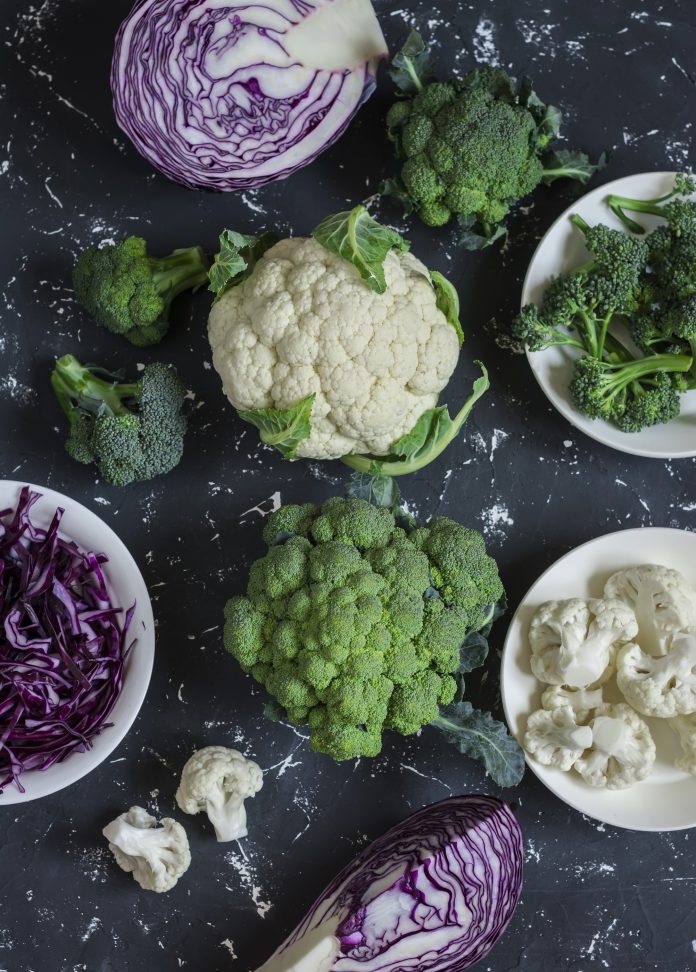As a society, we are on an eternal quest to magically shed those unwanted pounds and restore our health. We’ve gone to great lengths to do so, and have tried fad diets such as the Grapefruit Diet, the Atkins Diet and the Paleo Diet. What do all of these have in common? They include drastically changing your way of eating and are, frankly, hard to sustain as a result.
Eight months ago, my immune system crashed and I was faced with a series of health conditions at the young age of 37 years old. The only quality my ailments share is that they are inflammatory conditions. Chronic inflammation is at the root of many serious illnesses such as cancer, heart disease, endometriosis, arthritis, diabetes and kidney problems. When inflammation persists or serves no purpose for a long time, it begins to damage the body. One way to combat this damage is through dietary changes. I thus began researching ways to fight the inflammation in my body with the Anti-Inflammatory Diet.
What is the Anti-Inflammatory Diet?
It’s simple because it’s not a diet, really. It’s a way of life. This lifestyle change includes small but important changes, such as eating a wide variety of foods, getting lots of fruits and vegetables, drinking an abundance of pure water and minimizing the amount of processed and fast food you consume on a daily basis. Upping your physical exercise will also help combat the nasty effects of chronic inflammation in the body.
The Anti-Inflammatory Diet should consist of a healthy balance of protein, carbs and fats at each meal. It’s not about eliminating whole food groups. Rather, it’s about focusing on nutrient-dense foods that contain antioxidants.
What Anti-Inflammatory Foods Are Best to Eat?
Consume plenty of the following foods on a daily basis:
- Broccoli, cauliflower, cabbage and other cruciferous vegetables
- Green, such as kale, spinach, arugula, bok choy and chard
- Fruit (in particular, cherries, apples, berries and grapes)
- High-fat fruits like avocados
- Spices such as turmeric, ginger, cinnamon and garlic
- Fatty fish (salmon, sardines, herring, mackerel and anchovies)
- Healthy fats (olive oil and coconut oil)
- Organic eggs and poultry
- Nuts
- Whole grains, such as oatmeal, brown rice and quinoa
- Lemons and limes
What Anti-Inflammatory Foods Are Best to Avoid?
Limit your consumption of:
- Sugary foods, like candy
- Refined carbohydrates
- Processed foods
- High-salt foods
- Sodas
- Fried and greasy foods
- Red meat
You don’t have to make all of these changes overnight. Bit by bit, start tweaking your diet and include more and more of these anti-inflammatory foods so it becomes routine. It could be as simple as replacing a can of soda at lunch and dinner with pure water with lemon. Or ditching French fries and substituting for a sweet potato. Changing your diet won’t bring you a magic cure for your current ailments, but it can help reduce flare-ups, take your pain down a few notches, and help prevent future problems down the road.
This article is intended for informational purposes only. Please consult your healthcare practitioner if you think you are at risk for inflammatory conditions or are experiencing symptoms.























